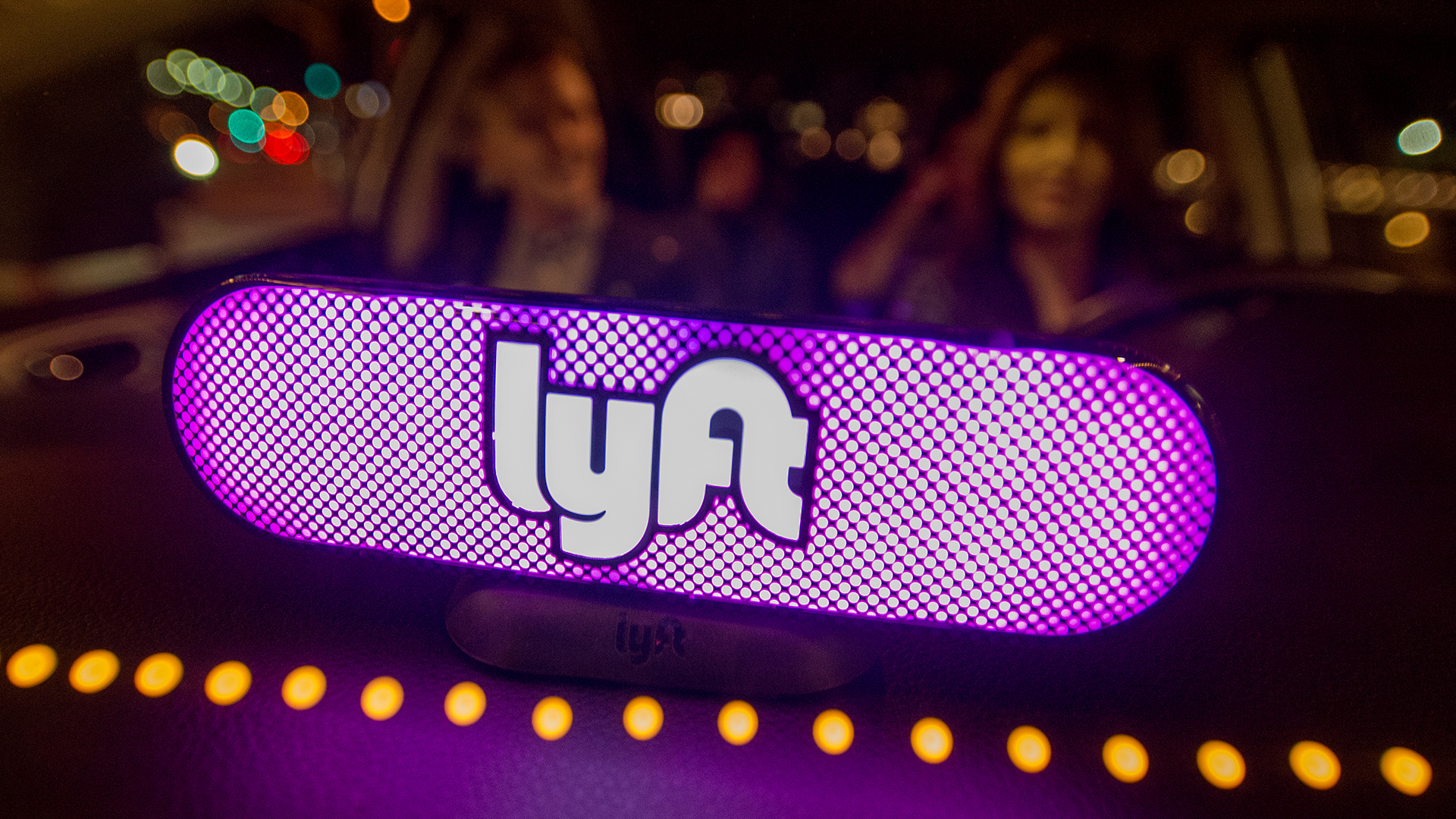

It’s been a rough year so far for Uber. The perennial number one ride-sharing service has been rocked by scandals over everything from tolerance of sexual harassment to its self-driving car program. And Uber’s trouble may be boosting rival Lyft.
Lyft bookings and ridership soared in the first quarter, according to Bloomberg. Internal financial documents obtained by the news service showed that Lyft is beating its own growth projections. The company still lost $100 million in the first quarter, but that loss is reportedly smaller than in previous quarters.
According to the documents, Lyft expected $800 million in gross (excluding tips and tolls) first-quarter bookings, more than double the amount it raked in over the same period in 2016. In February, Lyft reached 22.8 million monthly rides, an increase of 137 percent over the same month last year. That was right after the #DeleteUber hashtag blew up on Twitter in January, when many users uninstalled the Uber app.
The #DeleteUber controversy was fueled by Uber CEO Travis Kalanick’s participation in President Donald Trump’s business advisory board, as well as a botched response to protests of Trump’s immigration ban. Lyft subsequently donated $1 million to the American Civil Liberties Union, and company president John Zimmer has said Lyft will continue to make an active effort to appeal to consumers’ values.
The political controversy was just one of Uber’s many recent scandals. Kalanick has been criticized after a video surfaced of him berating an Uber driver, and in February, a female former Uber engineer went public with accusations that company tolerated sexual harassment. Users have also grumbled about changes to the Uber app that allow the company to harvest more data, and Uber faces a lawsuit from Waymo over allegedly stolen self-driving car secrets.
Despite all of these issues, Uber is still way ahead of Lyft. The $800 million gross figure for the first quarter translates to a $3.2 billion annual figure. But Uber earned more than six times that amount last year. Likewise, Uber operates in about 75 countries, whereas Lyft still operates only in the U.S. That likely makes Lyft the weaker company to investors—but if Uber’s scandals continue, ride-share users may find it more attractive.